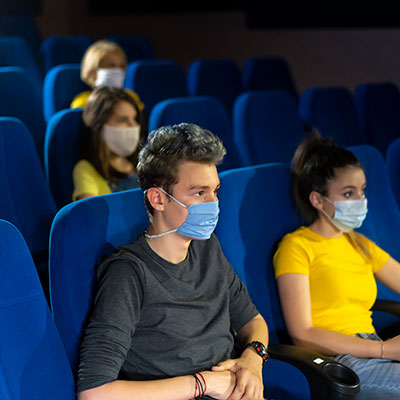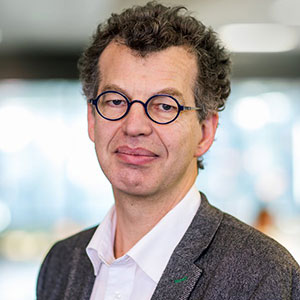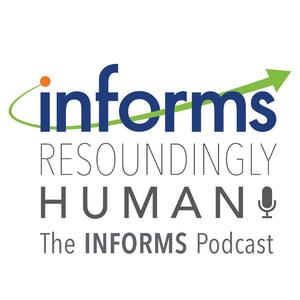Published: September 3, 2021

While the COVID-19 pandemic has touched virtually every aspect of our day-to-day lives, its impact on the performing arts has been especially significant. At the height of the pandemic, many theatres and other venues were closed, including all Broadway theatres in the U.S., and London’s West End theatres, resulting in substantial financial losses.
As restrictions loosened and theatres across the globe began to reopen, the challenge then was how to begin successfully and safely welcoming patrons back into performances. Researchers in the Netherlands created an optimization model that was implemented by the Music Building Eindhoven (MBE), enabling the venue to ultimately return to 70% total capacity for an evening’s performances, resulting in significant financial benefit.
Joining me to share their research, how the team came together, and the impact of their work once implemented is Frits Spieksma with the Eindhoven University of Technology in the Netherlands.
We obtained an insight that finding this maximum occupancy is sort of the same as packing as many disjoint trapezoids – a trapezoid, you may remember from high school studies, are these geometrical figures – packing disjoint trapezoids into the theatre hall. And if you have that insight, you can say after some computation, that this is the best maximum occupancy that you can achieve. And that was cool, that helped them in many ways.
Interviewed this episode:

Frits Spieksma
Eindhoven University of Technology in the Netherlands
RESEARCH PROFILE
Full Professor and Chair of Combinatorial Optimization in the Department of Mathematics and Computer Science at Eindhoven University of Technology (TU/e). His key field of expertise is operations research, especially combinatorial optimization problems and applications thereof. He combines an interest in theoretical results with the desire to affect practice. Within his field, Frits is particularly interested in various scheduling, routing, and clustering problems. He is especially interested in sport scheduling; in addition, he works on other applications of combinatorial optimization such as kidney exchange models, combinatorial auctions, and computational revealed preference. Also, logistic challenges, such as the optimization of inland waterway transport have his interest. These problems are connected to computer science, discrete mathematics, (applied) economics, management science, and indeed, he has great interest in problems that are in the intersection of other scientific disciplines and combinatorial optimization. Understanding the precise characteristics of today’s relevant optimization problems, and dealing with the abundant presence of data, are key in developing techniques that can solve tomorrow’s combinatorial optimization problems!
ACADEMIC BACKGROUND
Frits Spieksma obtained his MSc in Econometrics from the University of Groningen (1987) and his PhD in Operations Research from Maastricht University (1992). Next, he spent time at the University of British Columbia as a post-doc, and then returned to Maastricht University to become assistent, and later associate professor. In 2000, he was appointed full professor at KU Leuven, before joining TU/e in 2018. He has supervised more than 15 PhD students, many of whom found their way to academia. He is founder of the EURO Working Group OR in Sports, which aims to bring together quantitative research related to sport. He is also a member of the organizing committee of MathSports International, which brings together mathematics and sports. He has been involved in constructing the playing schedule for the Belgian professional football league. Currently, Frits is Associate Editor or Editorial Board member of Operations Research Letters, INFORMS Transactions on Education, Journal of Quantitative Analysis in Sports, and 4OR. He has published over a 100 papers in scientific journals and organized several international conferences.
Episode Transcript
Contact us to request transcript.
Want to learn more? Check out the additional resources and links listed below for more information about what was discussed in the episode.
Tags: COVID-19, Netherlands, optimization, pandemic, performing arts, seating, theater
